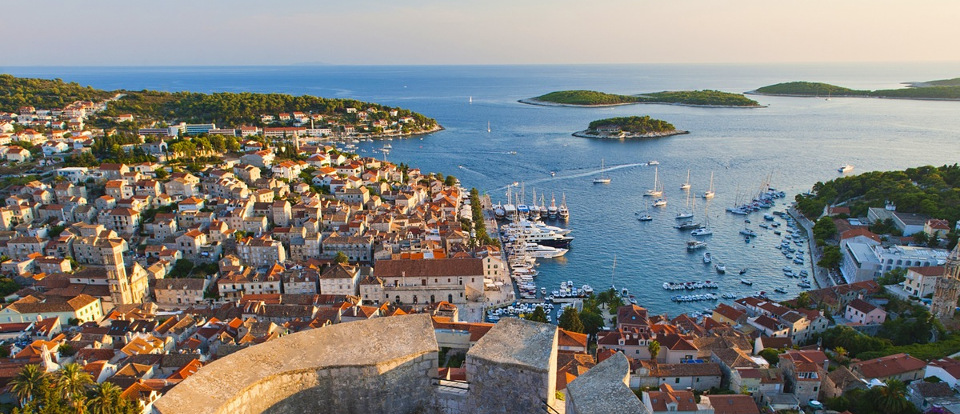
SUMMARY
The workshop will engage a broad community, particularly young scientists, in a review of latest developments in the study of spin, charge, and energy transport in novel materials currently at the forefront of the material science. New materials for spintronic, spin-caloritronic, magneto- and electro-caloric devices, correlated thermoelectric materials, low-dimensional, inhomogeneous, and multilayered materials, topological insulators, and skyrmions have shown considerable potential for technological applications due to the possibility of combining the components with quite different properties to influence the various factors which contribute to the overall performance. An understanding of the spin, charge and energy transport in these materials requires a multidisciplinary approach and the expertise of material physicists, chemists, metallurgists, and the theoretical support
The workshop will bring together the experimentalists and theorists working in different fields to exchange the latest results and ideas, and to discuss the directions for future work. Despite the diversity, the integration of the main subjects, at the technical level and the level of the talks, is actually very tight. Most of the invited speakers have the expertise in several topics discussed at the workshop and will provide a bridge between different subfields and disciplines to ensure stronger integration of younger scientists and participants from diverse backgrounds.
The organization and form of the workshop will encourage the informal exchange of ideas, and promote discussions. The program will spread over five and a half days. A particular attention will be given to young participants, encouraging their integration in the ongoing research. The key presentations and tutorial lectures will be for 30 minutes plus 15 minutes for discussion. Most of the participants will be given an opportunity to talk and present the results of their work as we envisage a number of shorter 1/2 hour talks each day. Daily poster session will also be arranged; it will provide an additional forum for discussion and for participants to present their work. Several after-dinner talks will be organized to reflect on the current problems and to discuss plans for further research work and cooperation.
